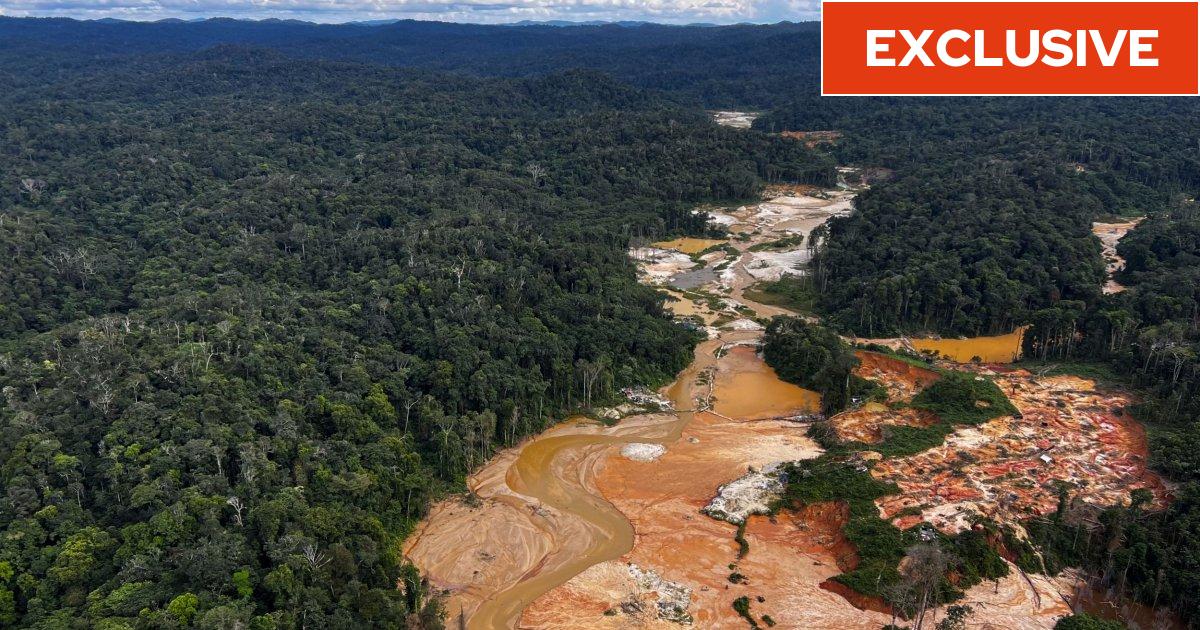British shoppers may end up unknowingly buying products linked to the destruction of thousands of hectares of forests under post-Brexit environmental rules, i can reveal.
The UK Government is bringing in regulations it says will ensure supermarkets no longer stock products that have been produced on land linked to “illegal deforestation”.
But the measures, which have still not come into force more than two years after they were first announced, have been branded “weak” by conservation experts, with products including coffee, rubber and maize not included under the rules.
Goods linked to deforestation in countries where it is permitted will also be exempt.
An i analysis found that, even after the regulations take effect, British consumers will still be able to buy products responsible for the destruction of forests covering an area roughly 50 times the size of Hyde Park.
Daniela Montalto, Greenpeace UK senior forest campaigner, described the UK measures as “weak”, adding: “Despite grand promises of leadership, the UK government’s plans to end deforestation remain well behind the rest of Europe’s and will have virtually no impact on protecting forests.”
Last year the European Union passed its own regulations, which includes a ban on certain goods linked to any kind of deforestation, even if it is considered legal in the country of origin. Coffee and rubber – which is commonly used products including car tyres, shoes and refrigerators – are included in the EU rules.
…
According to data provided by Defra in collaboration by the University of York and others, UK consumers were responsible for the destruction of around 30,700 hectares of forest in 2021 – an area almost three times the size of Manchester.
i analysis found that the goods covered by the UK’s upcoming regulations are responsible for around 47 per cent of this deforestation. Timber is responsible for a further 29 per cent and is regulated under separate rules.
This means other goods which will not be covered by the measures, such as coffee, maize and rubber, are still responsible for almost a quarter of the UK’s deforestation footprint .


